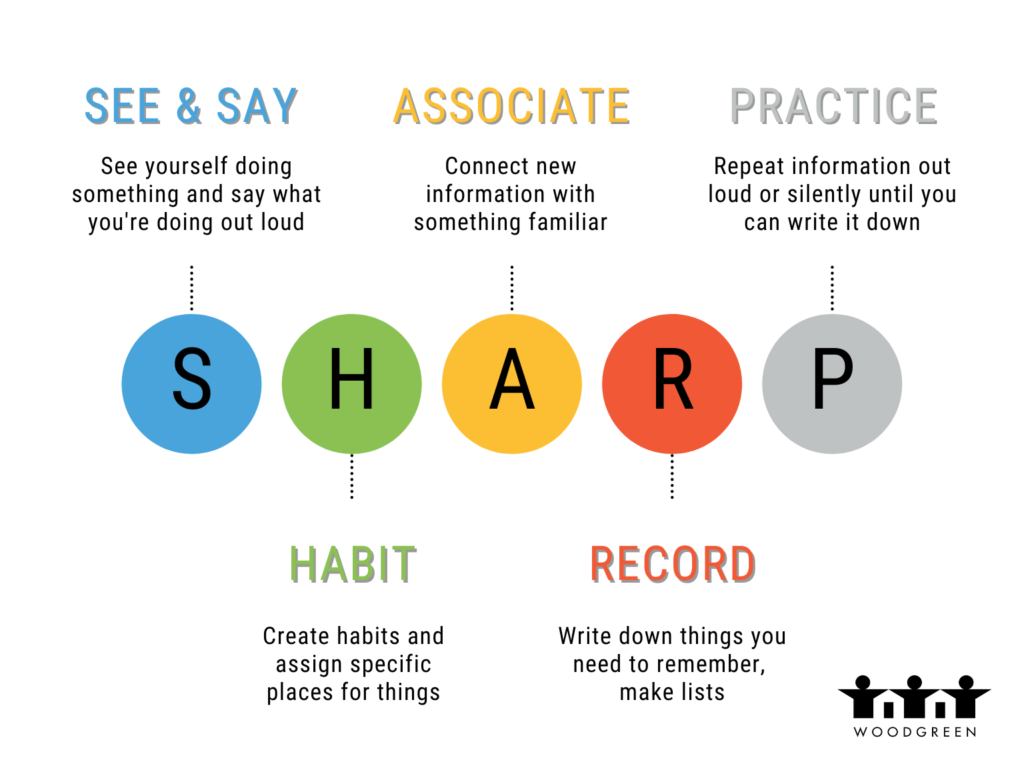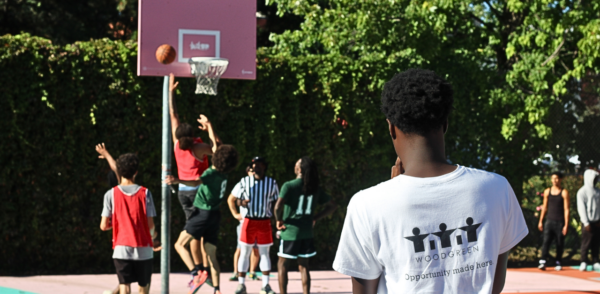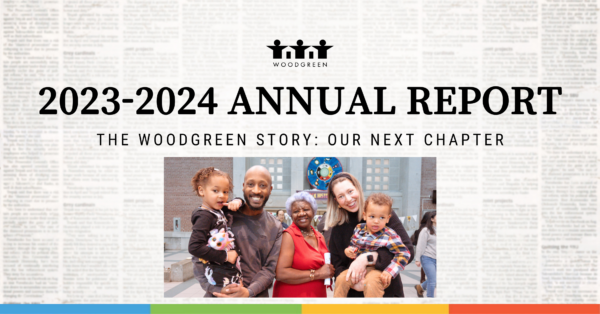Tired of standing at the bottom of the stairs wondering why you came downstairs in the first place? Or forgetting your neighbour’s name, yet again? Why do some people seem better able to recall details than others?
We put that question to memory-boosting expert Aderonke Olabimtan. For the past three years, she’s been teaching a memory improvement course, offered by WoodGreen’s Seniors’ Active Living Centres. The five-week program is aimed at seniors aged 60 and up, but she says her tips and tricks can help anyone, of any age, begin working the muscles of their memory.
She’s even got a memory trick for remembering these hacks: it’s the acronym SHARP.
[S] Seeing and Saying

See yourself doing something and say it out loud. For example, you want to remember if you locked your door when you left your home. As you are leaving, visualize yourself closing the door, turning the keys and as you do it say out loud “I am locking the door”.
With this strategy, when in a few hours you ask yourself if you remembered to lock the door before leaving home, your brain tells you the answer because you said it out loud.
[H] Habits

Habits and routines, once created, can be hard to break. This can be positive if you develop healthy habits around memory. It’s especially helpful with things you often misplace such as keys, glasses or your phone.
Create one consistent place for each of these items and always put them in that place. For example, keys go on a hook by the door because that is now the ‘key place’. This way you will always know where to find your keys.
[A] Association

Connect new information you want to remember with information you already know.
Example: You meet your new co-worker Michelle for the first time. You’ll be working closely with Michelle so you want to remember her name the next time you see her. A simple way of making the association is to link Michelle (your new co-worker) with the Beatles song ‘Michelle’, something you are already familiar with. You can even sing it in your head to help with the association.
[R] Record

Record as a memory strategy means simply writing information down. It is a myth that writing things down makes your brain ‘lazy’. That is untrue. On the contrary, writing down information, such as a grocery list, actually helps your memory, even if you never refer back to the list.
[P] Practice Retrieval

Practice repeating the thing you want to remember. This will help you retrieve it later. This means repeating that information over short intervals, first one second, then five seconds apart, then 10 seconds apart and slowly increasing the length between repetitions to five minutes. This is helpful for remembering something for a short period of time until you can record it by writing it down. An example would be repeating a phone number, or your parking zone, until you can record it by writing it down.
Bonus tips for enhancing memory
Maintain a healthy diet, get physical exercise, meditate and play cognitive engagement games such as Sudoku, Wordle, crossword puzzles etc.
Do you remember what the memory hack SHARP stands for? Here's a quick refresher!

WoodGreen’s Seniors’ Active Living Program offers a variety of programs, like the memory improvement course, to help seniors to stay healthy, active and independent. Visit our website to see this month’s calendar of programs.





